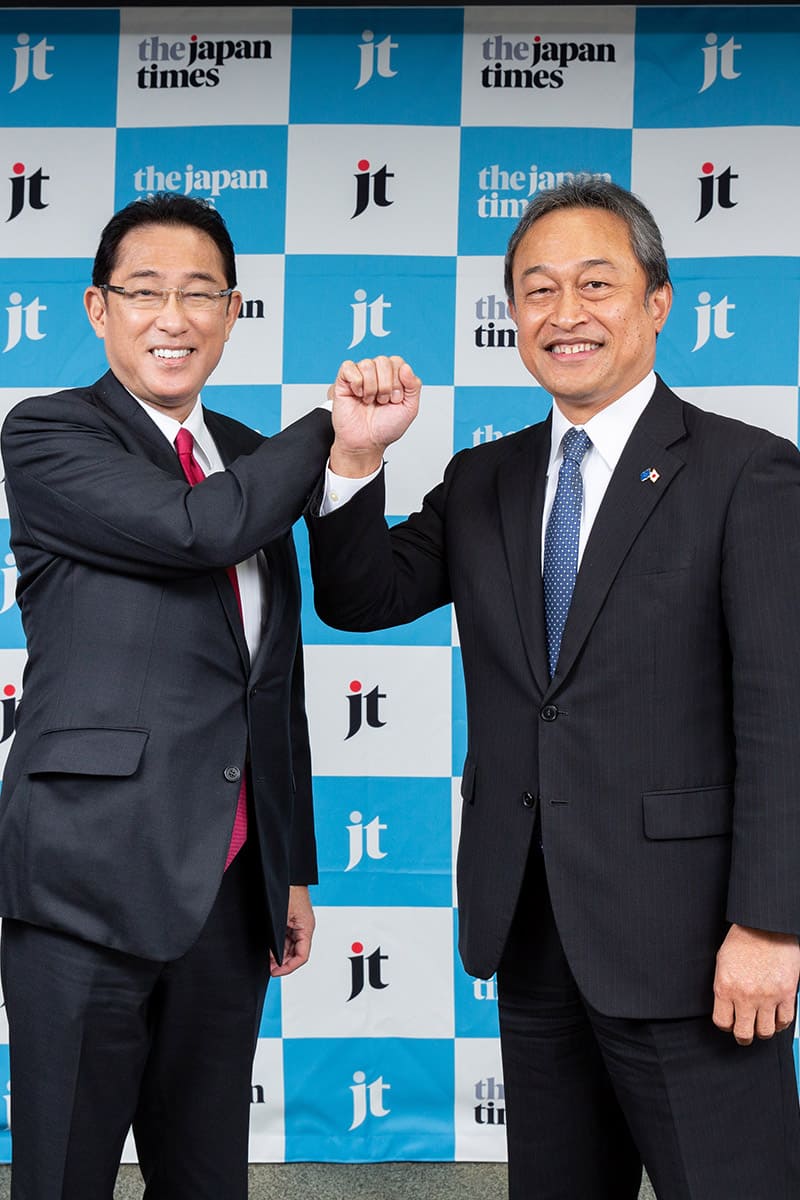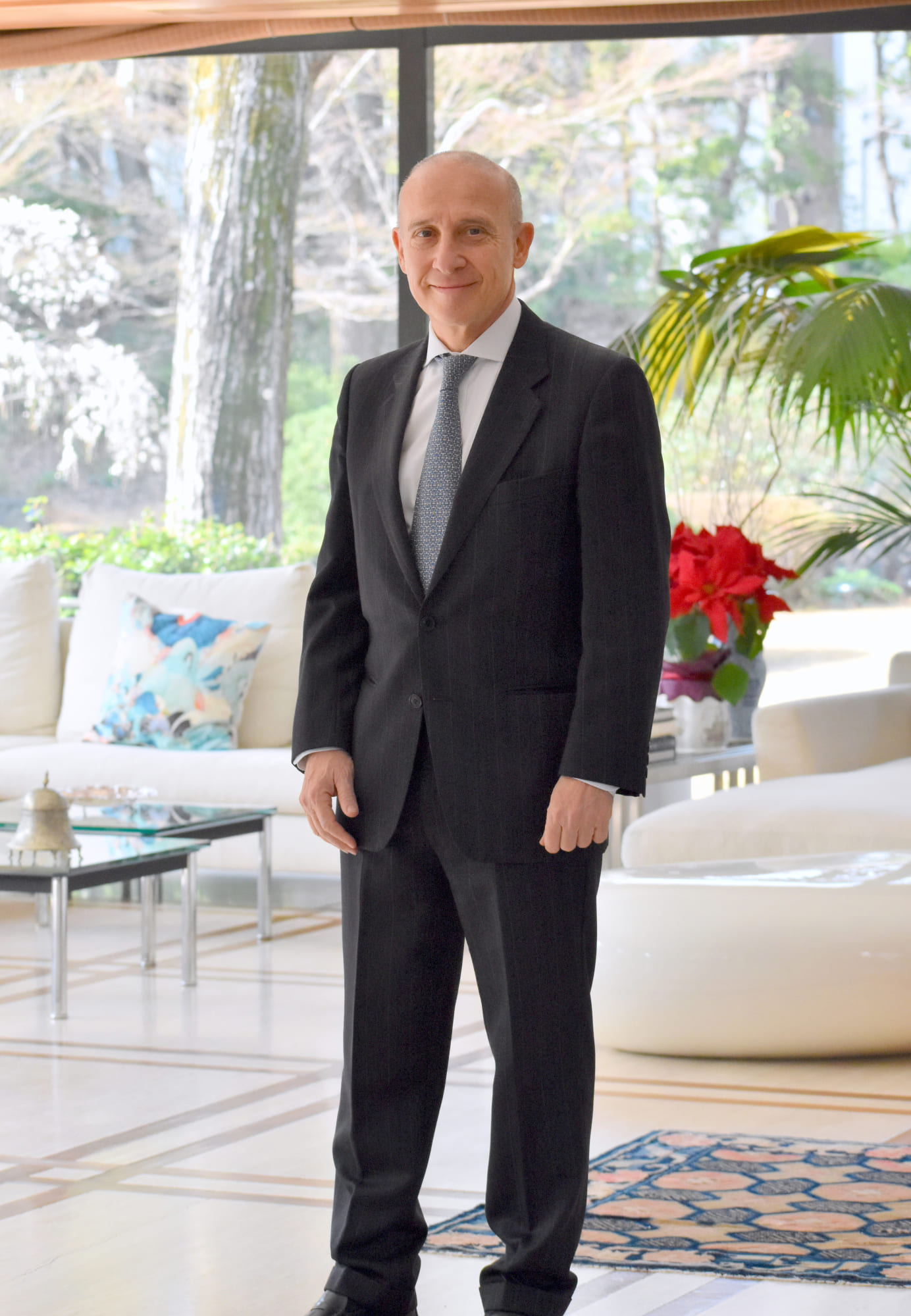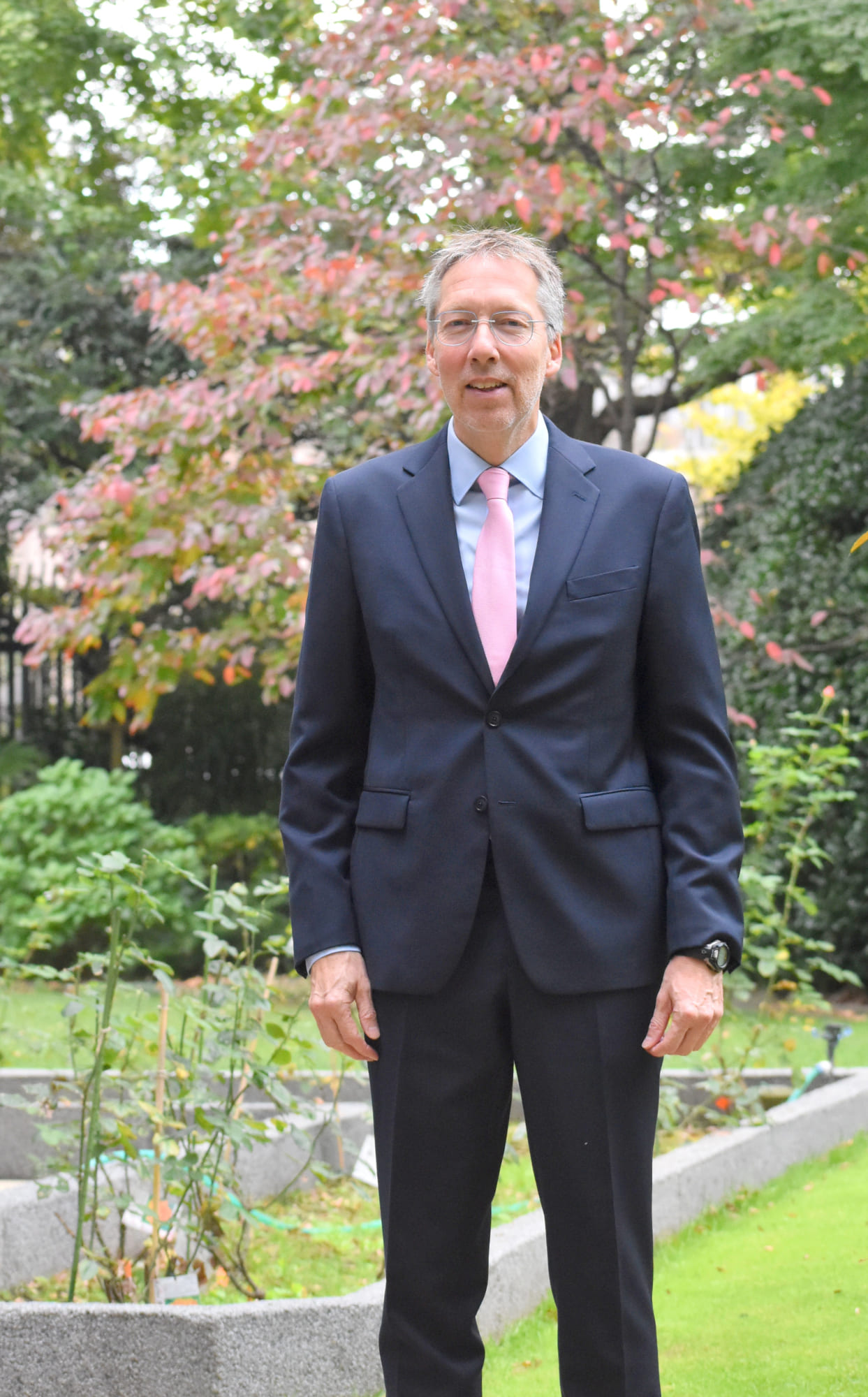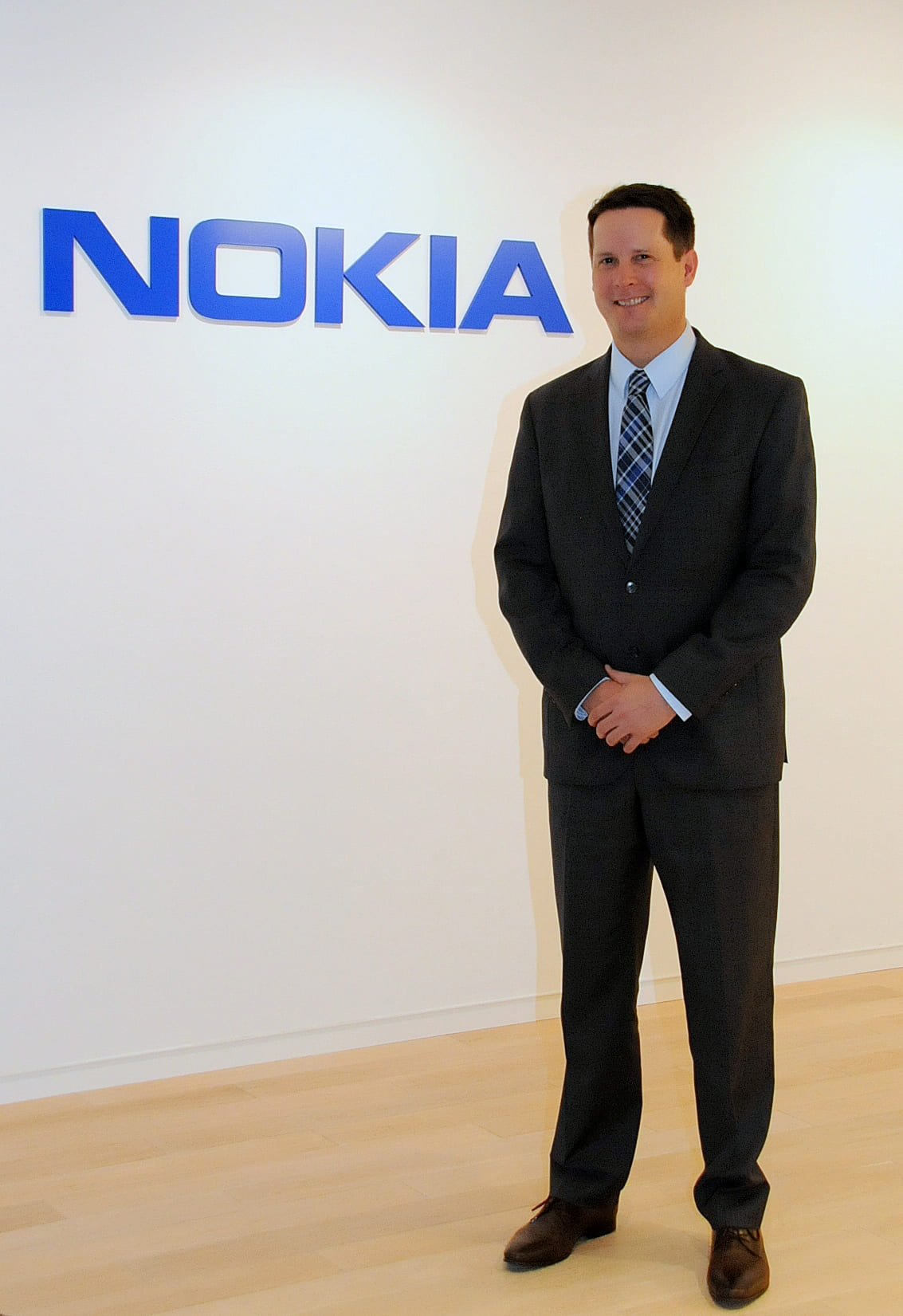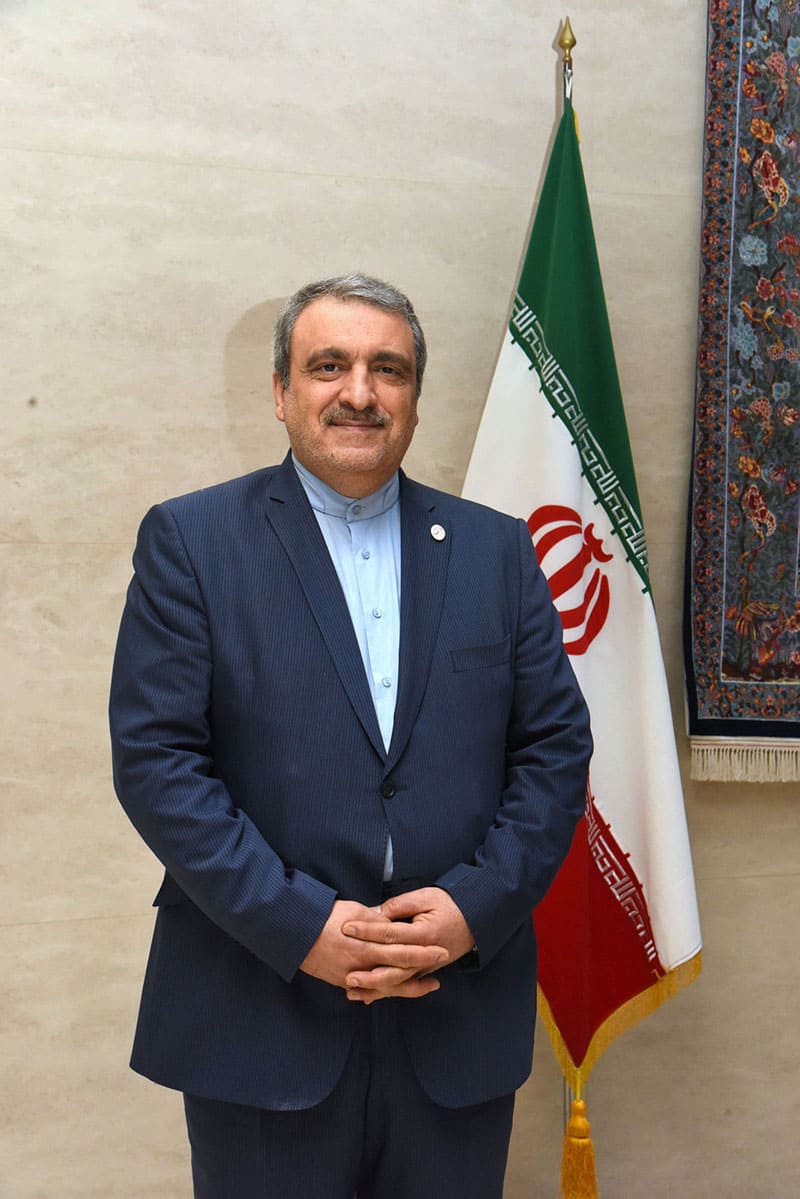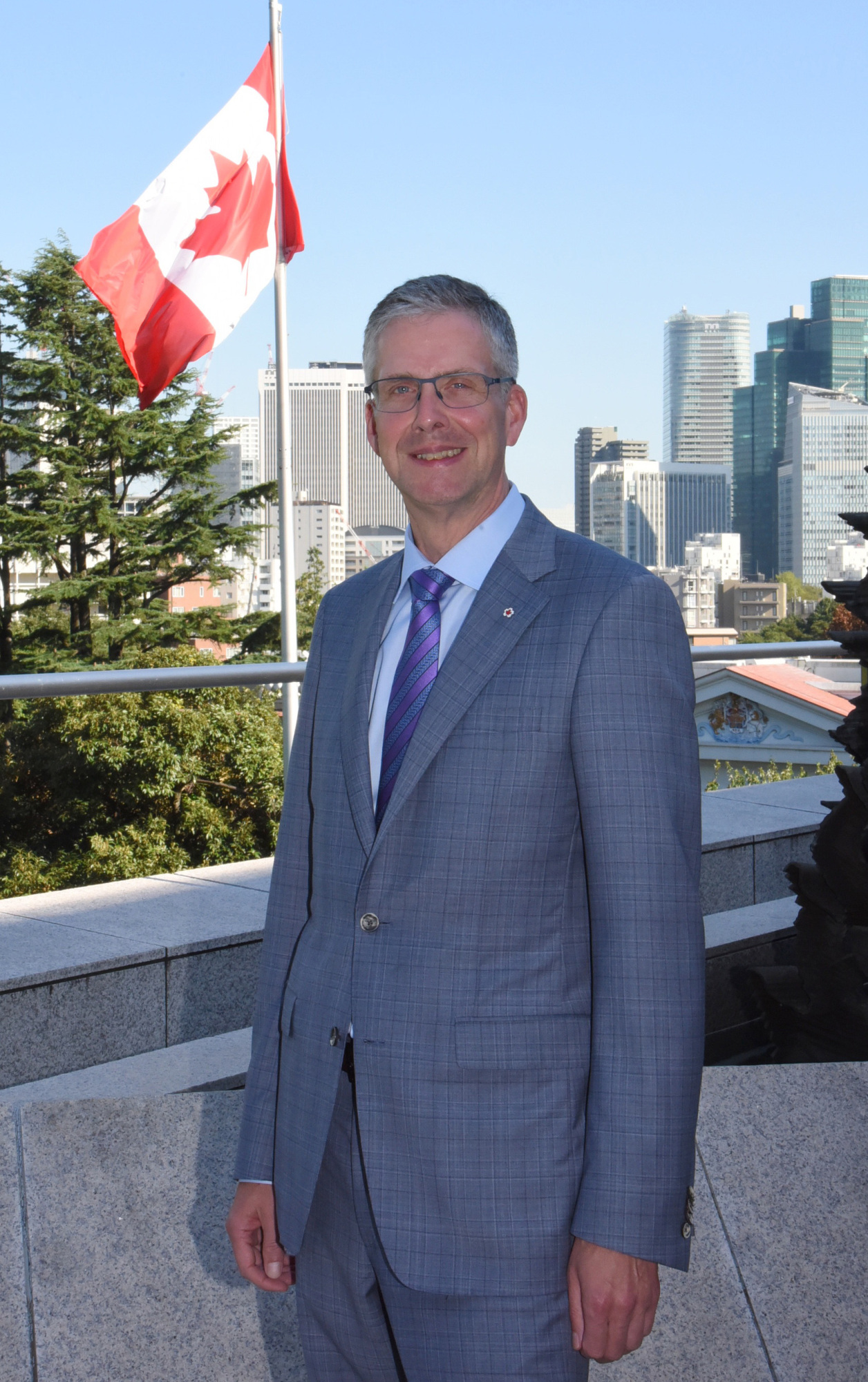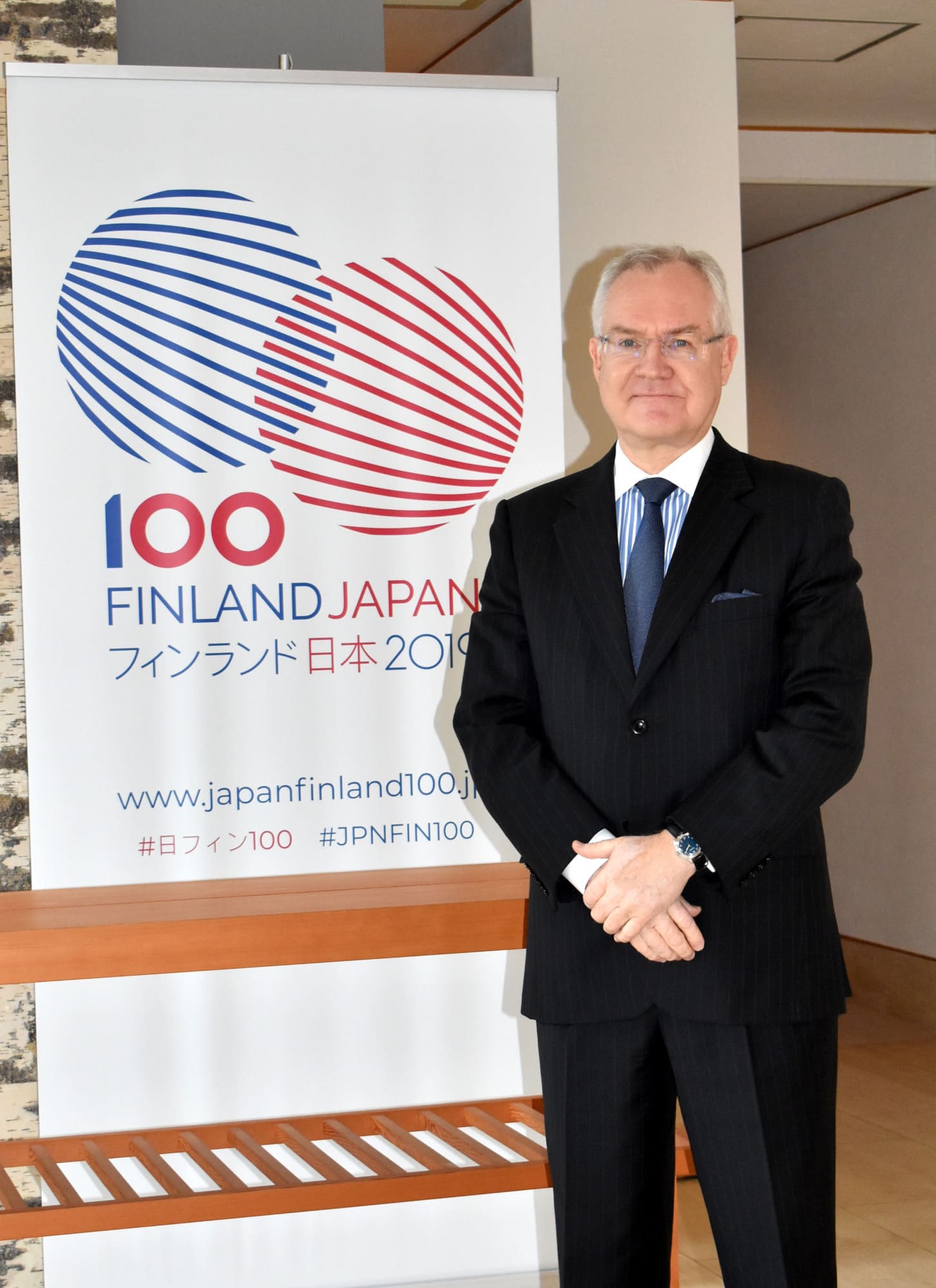
December 15, 2019
Lifestyle and nature as a basis for global relations
Finnish Ambassador Pekka Orpana shares thoughts on cultural affinities
BY JANE KITAGAWA
CONTRIBUTING WRITER
- Name: Pekka Orpana Title: Ambassador of Finland
- URL: https://finlandabroad.fi/web/jpn/frontpage
- DoB: Feb. 19, 1957
- Hometown: Helsinki
- Years in Japan: 1
The guest parlor at the Finland Embassy of Tokyo speaks of Scandinavian restraint and simplicity. Artworks by Finnish artists adorn the walls. Blond wood, clean lines and a minimalist palette form an appropriate backdrop to interview Ambassador Pekka Orpana, who is preparing to wind down operations for the year, also a celebration of 100 years of Finnish-Japanese relations.
He is also preparing for Christmas. “The way we celebrate Christmas has been the same since my childhood; the menu is more-or-less the same. How we decorate the tree, eat rice porridge at a certain time of day … it’s very traditional. In Finland my family always have Christmas carols at church, people singing Christmas songs,” Orpana said with a smile.
New embassy furniture, however, is on order. “It will be very Finnish; Alvar Aalto-like in nature, which is very much liked here,” Orpana observed.
Describing himself as perpetually busy, much of Orpana’s time is spent holding business and cultural-related events at the embassy in his “very strong representative role as ambassador.” A new, temporary annex of up to 300 square meters will be built on the embassy’s grounds for the 2020 Tokyo Olympic and Paralympic Games, Orpana revealed.
Sustainable wood will play a significant role in the construction of the Metsa (Forest) Pavilion. It will be made up of different components and will arrive in approximately 15 shipping containers. The building is slated to open in June and remain open until the end of the year before being dismantled and shipped to another potential venue. The pavilion will be used as an official hospitality house during the Olympics, but will also “Be a place where we can showcase different sectors of Finnish know-how, products and culture,” Orpana said.
One such sector is that of energy. It’s an area in which Orpana can draw upon his extensive experience as senior adviser on energy external relations and climate change for Finland’s Ministry for Foreign Affairs. Finland has made great inroads within this sector, according to the ambassador.
“We had about 300 officially registered cultural events this year,” Orpana said on celebrations surrounding the centenary of Finland-Japan diplomatic relations. “But at the end of the day, the most important thing is how we look toward the future,” he said.
“I initiated the theme for our 100th anniversary conference here in Tokyo, which was energy transition, … presenting visions of how the world of energy would look like in 30, 40 years.”
Explaining that one of Finland’s strengths is smart energy, incorporating the digitization of networks and balancing the grid to make it more secure and economical, Orpana added that Finland hopes to be carbon neutral by 2035.
“Finland’s reputation for research and innovation is among the top in the world and that gives us the capacity to partner well with Japan on the issue,” he said, weighing in that only making hard efforts and using the best technologies and solutions available would result in energy transition occurring.
The country had also worked diligently to develop a healthy startup ecosystem through collaborative efforts between the government, academia and the private sector, he added.
Japanese companies already established in Finland include Itochu, Fujitsu and Muji, the ambassador said. “Itochu has invested for instance in producing new textiles from wood. It’s a completely new process and very promising; it’s related to biomaterials,” he said.
While Fujitsu boasts the largest presence of any Japanese firm in Finland, it is arguably Muji that is today most visible to the public. The no-brand quality goods retailer opened the largest of its European stores in Helsinki on Nov. 8 — “There were three days of queues.”
Muji is also contributing to Finland’s “mobility as a service” efforts, Orpana said, having partnered with Sensible 4, a Finnish vehicle manufacturer, to release Gacha, an all-weather autonomous minibus.
“Finland is good as a test bed (when it comes to health, innovation and new technologies) because we are small enough,” Orpana said.
Citing the introduction of new Finnair flights between Helsinki and Haneda in 2020 and Helsinki and Sapporo this month, he suggested that building upon such business and people-to-people relations would only continue.
Yet while Japanese businesses are — somewhat literally — making great inroads in Finland, Japan has long embraced that country’s cultural exports, notably Marimekko design and fashion, and the Moomin characters created by author Tove Jansson after World War II.
Observing that Japan is likely the world’s second-largest market for all things Moomin after Finland, Orpana ruminated on why the characters hold such appeal for the two countries, which he sees as ideally reflecting Finland’s lifestyle and nature in their purest form, albeit with more complications.
“This is how we Finnish would like to see our environment, human relations and relationship to nature. It’s a wonderful combination of adventure and security and people helping each other,” he said.
According to Orpana, the same can be said of the Japanese. “We come from different cultures and are very far apart, but it’s actually quite surprising how (similarly the Finnish and Japanese) visualize and see our way of life,” he said.
“We are (both) quite modest peoples. It’s very easy to build trust. Finland and Japan both have very strong (self) identities … very much linked to our unique language(s) and (respective) isolation,” Orpana said.
International career spans various roles
Pekka Orpana was born in Helsinki and has represented Finland in various capacities throughout his career. Keen from a young age to work internationally, Orpana joined the foreign service when he was 25 years old. Previous postings as ambassador include Lima (accredited to Peru, Ecuador and Bolivia) and Belgrade (accredited to Serbia and Montenegro). Other diplomatic postings include Pretoria, London, Algiers and Marseille. Orpana has also held an array of governmental positions working for Finland’s Ministry for Foreign Affairs (MOFA). His most recent role at MOFA was senior adviser on energy external relations and climate change from 2015 to 2018. Other MOFA roles include director, Office of Central and Southern Europe; first secretary, Office of Russia and the Commonwealth of Independent States; and attache, Office for Western European Integration. He has also represented Finland as counsellor to the United Nations. Orpana has a master’s in law from the University of Helsinki and was an exchange student in the U.S. during high school. Married with two children, he counts reading, carpentry and ceramics among his interests.

